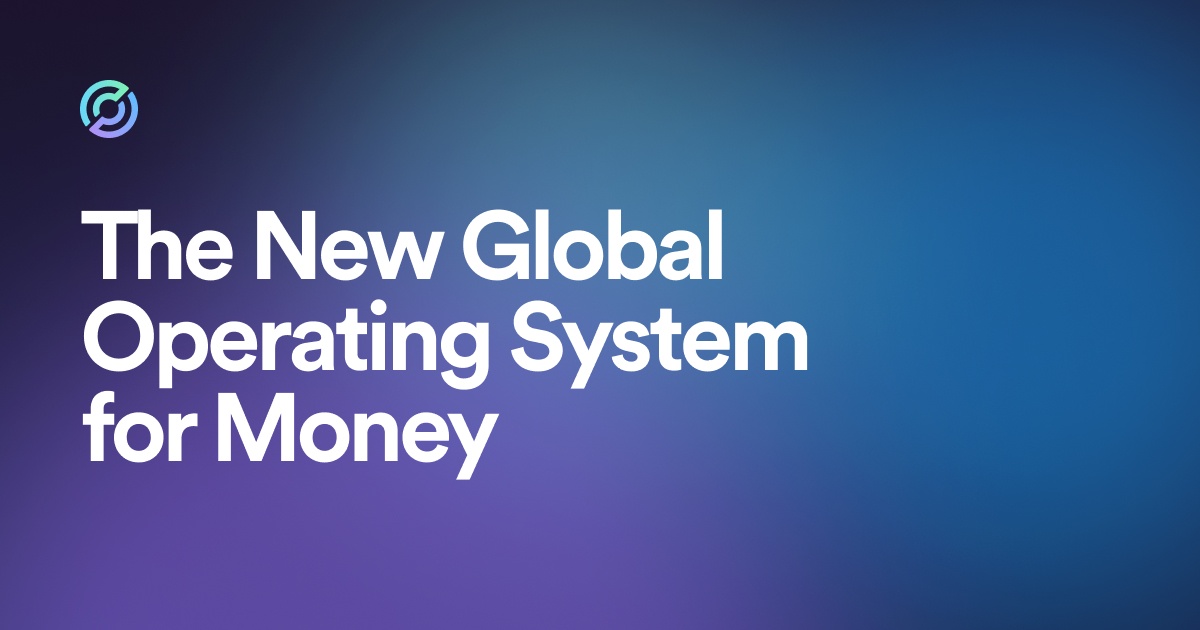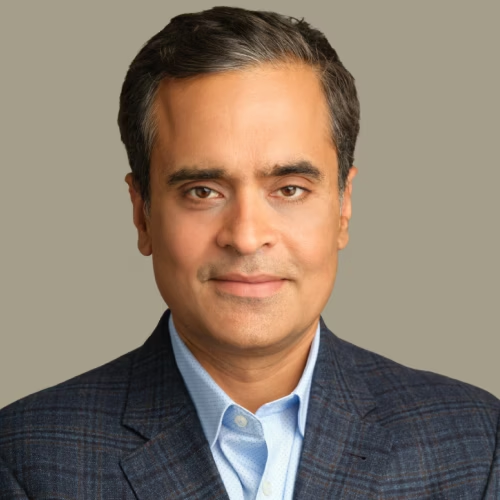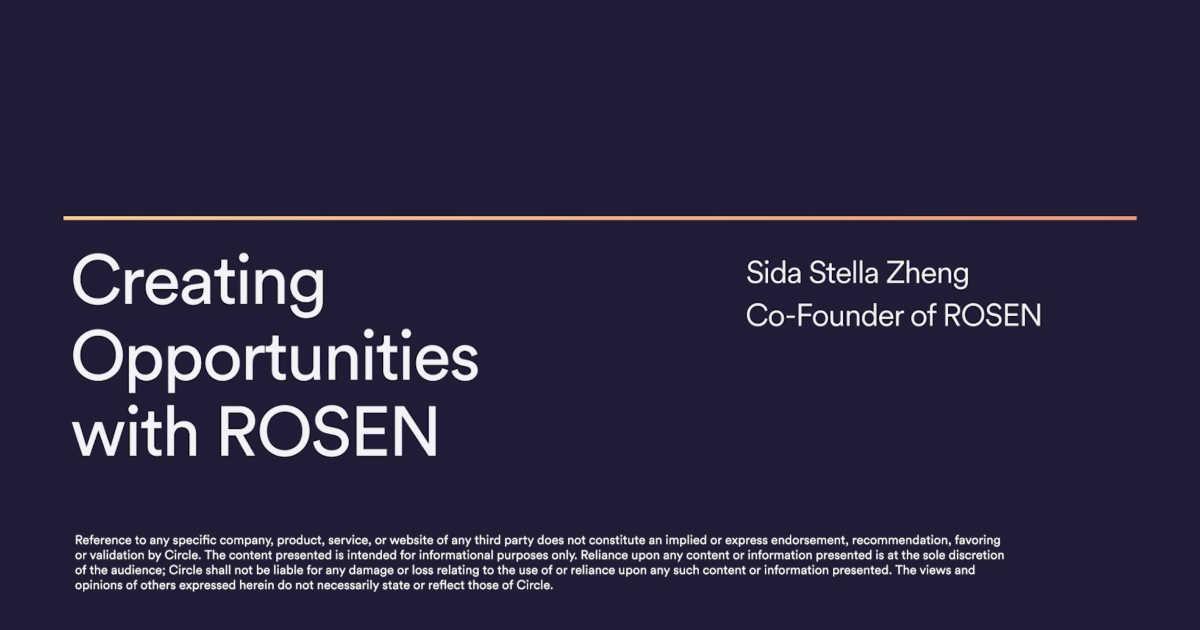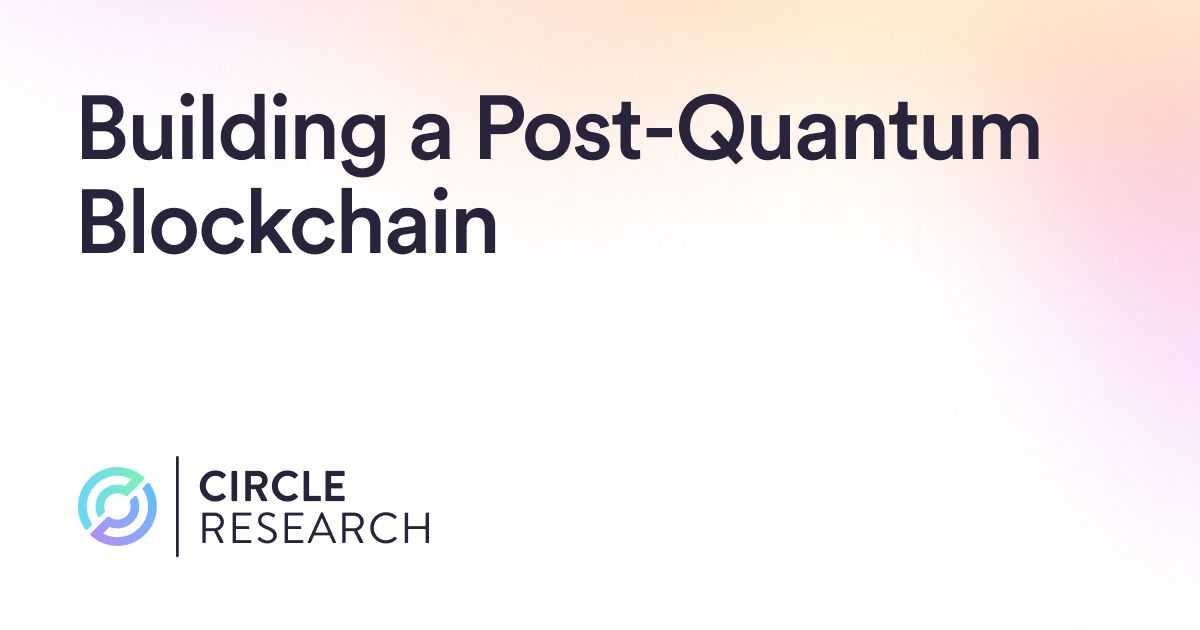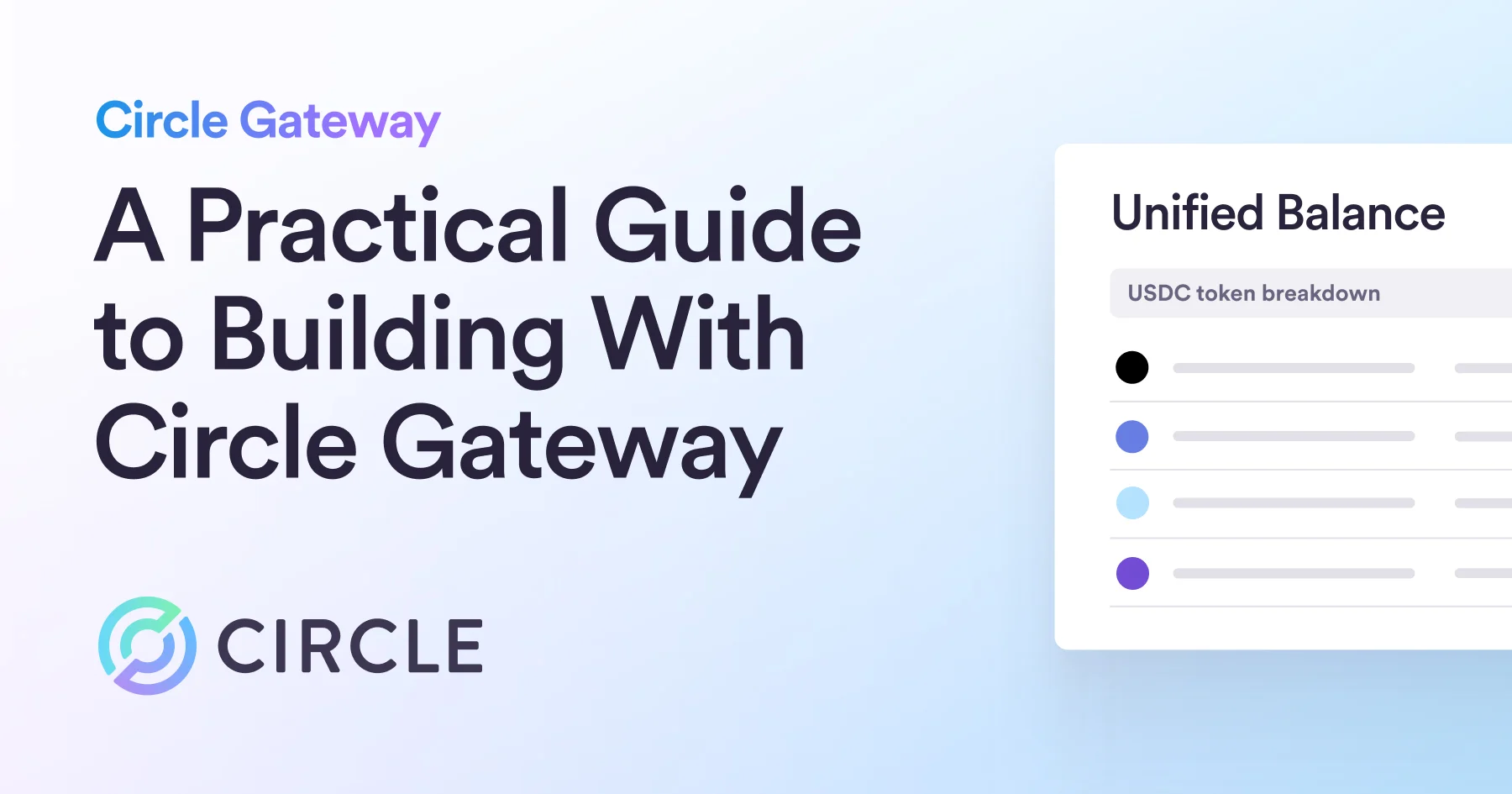Stablecoins like USDC are bringing internet-native payments to the mainstream. Learn why programmable money is vital for building a future of web3 ecosystems.

The time is ripe for disruption in how value is transferred, and open-source programmable dollars are enabling developers to build amazing new applications with USDC. Programmable money like Circle’s USDC and EUROC are “building blocks” that serve as the basis for new commerce applications that take advantage of the speed, scalability and low cost of the internet to bypass traditional financial rails.
USDC as a “Primitive” on Web3
In blockchain-based finance, “primitives” are programmable building blocks that developers can use to create new apps and services to create new ways to transfer value. The USDC stablecoin is one of the most important open-source, financial primitives. It is implemented as a smart contract that can be easily programmed to automatically fulfill many “if/then” conditions.
In the early 2000s, many traditional industries including news, music, retail and entertainment were reshaped by internet-driven disruption. With the arrival of blockchains, we believe finance is next. The internet today, known as “Web2.0”, is connected and centralized through a few key access points and webpages – the next iteration of the internet integrating on-chain financial services, smart contracts, and apps is called “Web3”.
Web3 enables ownership of tokenized versions of property in a personal wallet – whether related to purchased art and music, voting rights in a digital group, real estate and even their individual online identities – in a way that's not been possible during other internet eras.
The USDC ecosystem is open and secure, offering new possibilities across Web3 for developers, enterprises and their consumers, that entirely bypass traditional payment rails. These on-chain financial services can grow at scale and enable near-instant settlements at a fraction of the cost of traditional settlement. Stablecoins are emerging as perhaps the leading way to use smart-contract-powered blockchains.
The Continued Rise of Smart Contracts

Data source: Alchemy Web3 Developer Report (Oct. 13, 2022)
Demand for stable digital currency
The annual value of settlements via stablecoins on blockchains exceeded $7 trillion in 2022, compared, credit card settlement of $14 trillion. As more businesses migrate to blockchain payments, even Visa and MasterCard have started settling in USDC.
Despite the ongoing crypto winter, the interest in USDC remains strong, with over $30 billion still in circulation as of April, 26, 2023. On-chain settlement in USDC has crossed the $9 trillion mark as of March 3, 2023. Stablecoins like USDC are an answer to the rising demand for a stable alternative to currency volatility across the globe.
With roughly 300 million active digital currency wallets at the start of 2023, there’s massive room for growth. And that next cycle of growth is already beginning as more global businesses look to take advantage of the incredible speed, efficiency, data visibility and cost savings of blockchain.
Outside the U.S. the need for easy access to dollars is fueling increased USDC usage and we continue working towards the promise of raising global financial inclusion through digital dollars that anyone with an internet-connected device can access.
Growing an open, global ecosystem with programmable money
Our commitment to open-source innovation can create a thriving ecosystem for developers. We offer resources and products that make it easy for them to design services that bring real-world utility to the internet of value. Circle is already paving the way for the future of digitized finance through the development of programmable APIs. However, the solutions this ecosystem builds will rely on the next wave of developers that learn and leverage Web3 solutions.
Faster, and cheaper cross-border payments is just the tip of the iceberg of what Web3 can solve for. Asset trading, supply chain management, treasury management, tax management – the list of things that can be achieved using programmable smart contracts and USDC are practically endless. Enterprises can use the USDC source code to create custom payment solutions and other services, or even select apps from a growing library.
Additionally, we hope to see businesses commission their in-house development teams to create custom apps for their own internal use.
Read the full chapter from the report “The New Global Operating System for Money” on our Executive Insights page.



